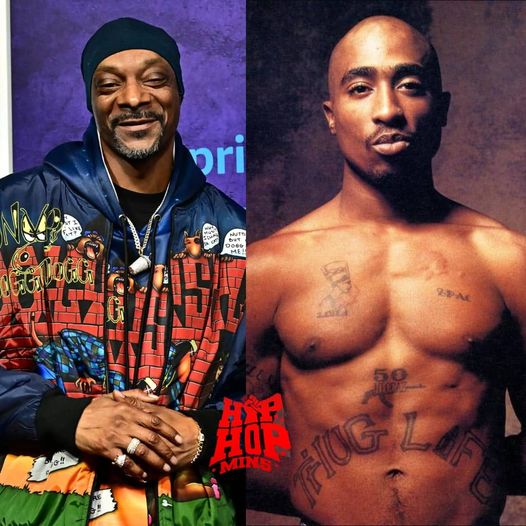Malcolm-Jamal Warner, the Emmy-nominated actor who came of age before our eyes as “Theo Huxtable” on The Cosby Show, has died at the age of 54. Warner tragically drowned in the waters off Costa Rica last week, a loss that has left the entertainment community and countless fans reeling.
Though he rose to fame in the 1980s as the endearing, relatable teenager in the long-running NBC sitcom (The Cosby Show, 1984–1992), Warner’s legacy reaches far beyond that role. He evolved into a multifaceted artist whose body of work spanned acting, directing, music, and spoken word performance. He was a Grammy winner, a celebrated voice within African American creative circles, and a thoughtful commentator on Black life and culture.
In 2015, Warner won a Grammy for Best Traditional R&B Performance alongside legends such as Stevie Wonder, and in 2023, he received a nomination for his spoken word artistry—a testament to the creative depth he continued to cultivate throughout his life. He also launched the podcast Not All Hood, which spotlighted the rich diversity of experiences within the African American community, offering nuanced conversations that defied stereotypes.
He was more than just a performer; he was intentional. Whether through his performances or his public commentary, Warner navigated his craft with respect and purpose. His contributions celebrated Black culture not only by reflecting it but by challenging audiences to see it in its fullness and complexity.
Many remember Warner for his roles in Malcolm & Eddie, where he co-starred with comedian Eddie Griffin, and Reed Between the Lines, where he acted opposite Tracee Ellis Ross. Each project marked a new chapter in his artistic evolution, reinforcing his versatility and staying power in a demanding industry.

Despite early fame, Warner avoided the pitfalls that ensnared many child stars. In a 2013 interview with the Television Academy, he reflected on his life after The Cosby Show, stating:
“I’d say my proudest achievement is being able to have a post-Cosby life and post-Cosby career and still have my head on as straight as possible.”
He added:
“I’ve had such an awesome life. You know, I’ve got my ups and downs and all of that, but if I die tomorrow, I know I would go with a smile on my face.”
Malcolm-Jamal Warner also spoke candidly about accountability and growth:
“I haven’t wronged anybody to get ahead, and people that I may have hurt or wronged unintentionally, I’ve had the opportunity to own up to those things and be responsible for my part.”
He leaves behind a wife and daughter, along with a creative legacy that touched millions. For those who grew up watching him on screen, Warner was more than a character—he was a presence we felt we knew. His warmth, relatability, and grace resonated deeply, even with audiences who didn’t share the privileges of the fictional Huxtable household.
His work gave many a reason to hope—for representation, for growth, for something more. And for that, we thank him.Malcolm-Jamal Warner lived a life of intention and artistry, and in doing so, he gave us all a little more to believe in. He will be dearly missed.

Author: Gbenga Teejay Okunlola
London, UK
teejayok@gmail.com














Can I just say what a aid to find someone who really is aware of what theyre talking about on the internet. You positively know methods to bring a difficulty to gentle and make it important. Extra people must learn this and understand this aspect of the story. I cant believe youre no more in style because you undoubtedly have the gift.